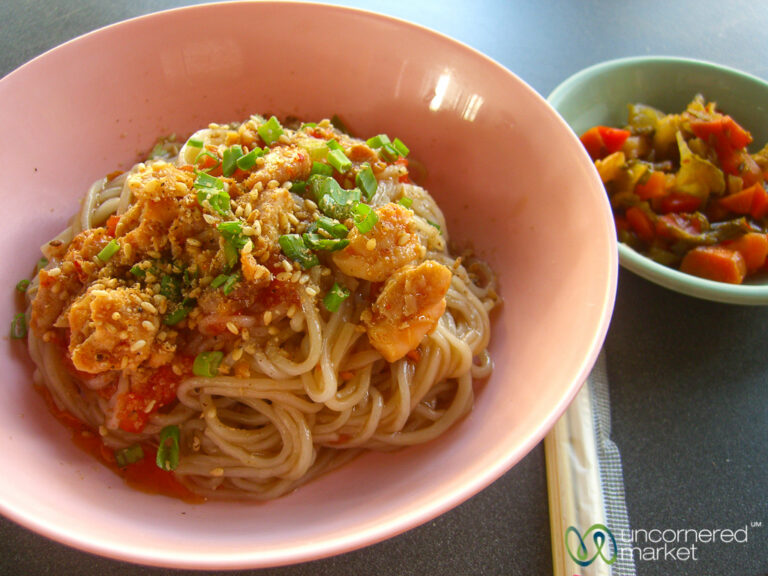Introduction to Algerian Cuisine
Algerian cuisine is a diverse and rich blend of various culinary traditions. It is heavily influenced by the country’s geography, history, and culture. Algerian cuisine is unique because it combines Mediterranean, African, and Arab flavors. It is characterized by its use of spices, vegetables, and meats. Algerian cuisine is known for its hearty stews, couscous dishes, and grilled meats.
Historical Influences on Algerian Cuisine
Algerian cuisine has been shaped by various historical influences, including the French occupation, the Ottoman Empire, and the Arab and Berber tribes. The French brought with them their culinary traditions, which were infused into Algerian cuisine. The Ottoman Empire introduced new spices and dishes, such as tajine, which is a slow-cooked stew. The Arab and Berber tribes brought their own cooking techniques and flavors, such as harissa, a spicy paste made from peppers and spices.
Key Ingredients in Algerian Cuisine
Algerian cuisine is centered around a few key ingredients, including couscous, lamb, beef, and chicken. Vegetables such as carrots, potatoes, tomatoes, and peppers are also commonly used. Spices such as cumin, coriander, and paprika are used to flavor dishes, along with herbs like parsley and cilantro. Olive oil is a staple in Algerian cuisine and is used in almost every dish.
Popular Algerian Dishes
One of the most popular dishes in Algerian cuisine is couscous, which is a steamed semolina dish often served with meat or vegetables. Another popular dish is tajine, which is a slow-cooked stew made with meat or fish, vegetables, and spices. Harira is a soup made with lentils, chickpeas, and tomatoes and is often served during Ramadan. Merguez is a spicy sausage made with lamb or beef and is often grilled and served with bread.
Comparison to Moroccan Cuisine
Algerian cuisine is often compared to Moroccan cuisine because both share similar ingredients and flavors. However, Algerian cuisine tends to be spicier and use fewer sweet ingredients. Algerian couscous is also different from Moroccan couscous in that it is typically served with a tomato-based sauce.
Comparison to Tunisian Cuisine
Tunisian cuisine also shares some similarities with Algerian cuisine, including the use of couscous and harissa. However, Tunisian cuisine tends to be lighter and more vegetable-focused, whereas Algerian cuisine tends to be meat-heavy.
Comparison to Libyan Cuisine
Libyan cuisine is heavily influenced by Italian and Turkish cuisine, whereas Algerian cuisine has more Arab and Berber influences. Libyan cuisine also tends to use more seafood and pasta dishes than Algerian cuisine.
Conclusion: Unique Qualities of Algerian Cuisine
Algerian cuisine is a unique blend of various culinary traditions, resulting in a rich and flavorful cuisine. Its use of spices, vegetables, and meats, along with its hearty stews and couscous dishes, make it a standout among North African cuisines. While it shares some similarities with Moroccan and Tunisian cuisine, Algerian cuisine has its own distinct qualities that make it truly special.


